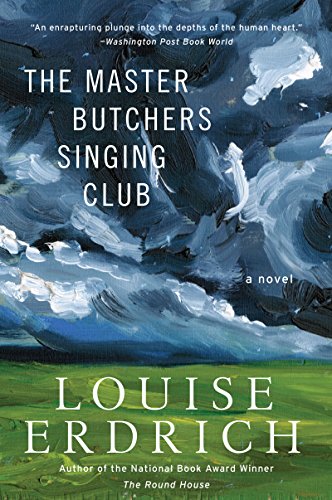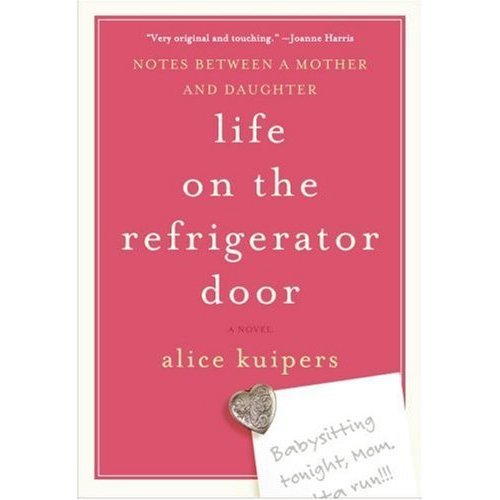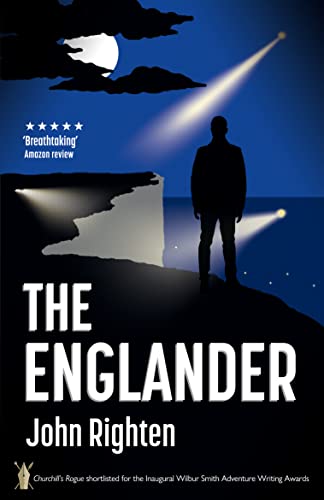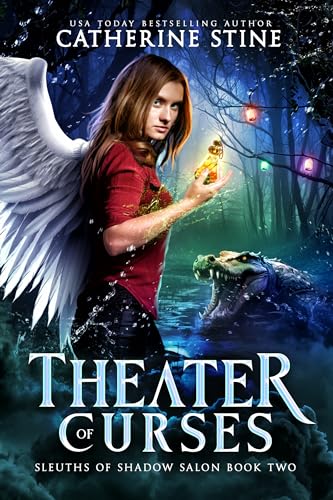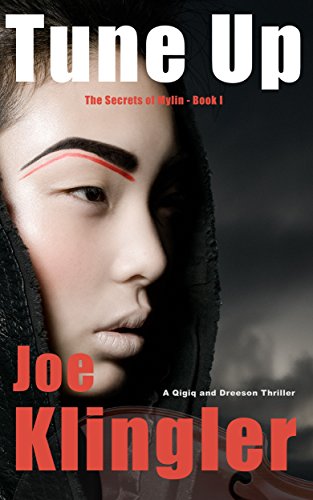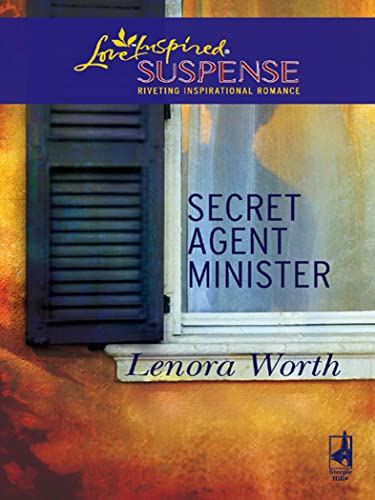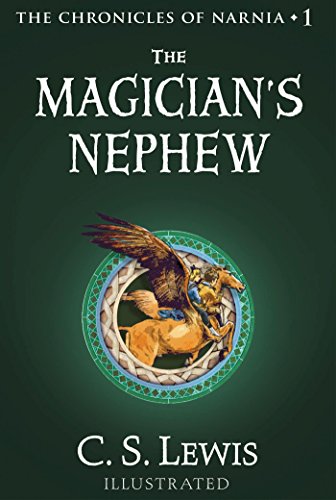Agatha Christie knew when to stop writing a detective novel. Today’s flashy adaptations over-embellish the source material. Radha Vatsal from CrimeReads investigates:
Changes need to be made in the process of adapting novels to the screen—that’s just part of what has to happen when you switch between mediums. But in our content-hungry age, if a novel is to be adapted to the small screen, and into a miniseries in particular, this often translates into stretching the original narrative to fit the required number of episodes. If a novel is to be adapted into a feature film, it often seems that something extra is thrown in to give the film the required box office punch. These decisions to add to the narrative have little to do what the original story requires in terms of length or scope, but are based on commercial considerations. We see this played out over and over again—especially in the recent adaptions of Agatha Christie novels.
In her posthumously published autobiography, Christie, who knew a thing or two about the mechanics of a successful crime novel, wrote:
Of course, there is a right length for everything. I think myself that the right length for a detective story is fifty-thousand words. I know this is considered by publishers as too short. Possibly readers feel themselves cheated if they pay their money and only get fifty thousand words—so sixty thousand or seventy thousand are more acceptable. If your book runs to more than that I think you will usually find that it would have been better if it had been shorter.
There are a couple of points worth noting here. First, that Christie’s preferred length is fifty thousand, but since publishers thinks that’s too short she’s willing to write a bit longer. (I like that she says “possibly” readers feel themselves cheated—presumably that’s what her publishers tell her, but she keeps her own council.) And if readers feel themselves cheated with fifty-thousand words, then the reason for writing longer books isn’t because the stories themselves require that length, it’s because that’s what the market (supposedly) demands. And yet, Christie is very clear that when detective stories of the type that she writes go beyond sixty or seventy thousand words, they lose something by doing so.
Read full post on CrimeReads

